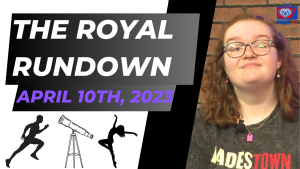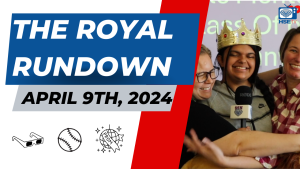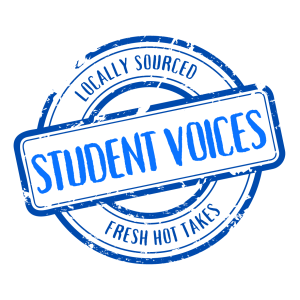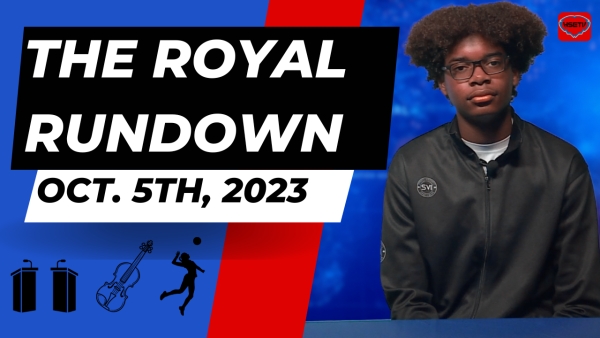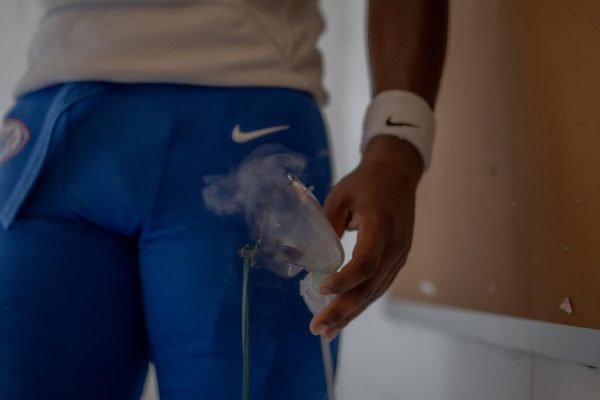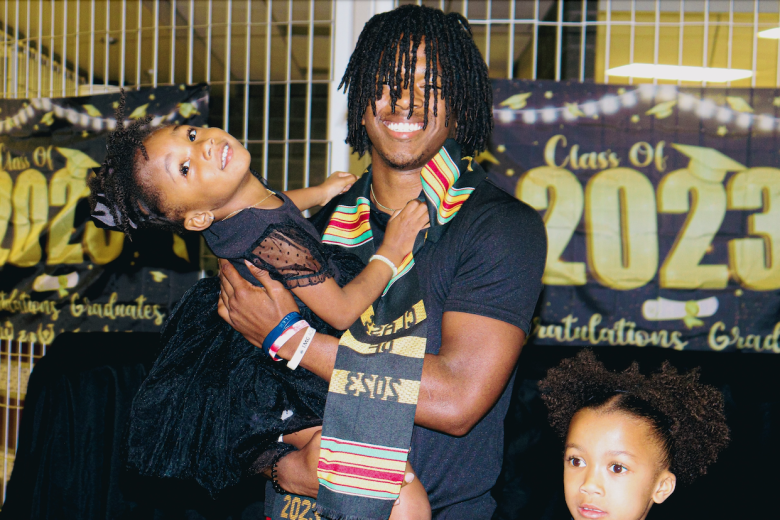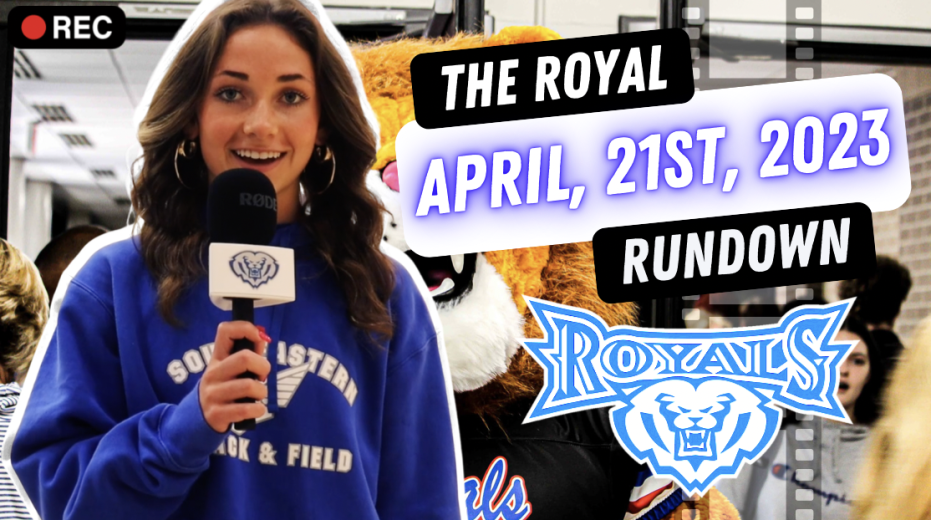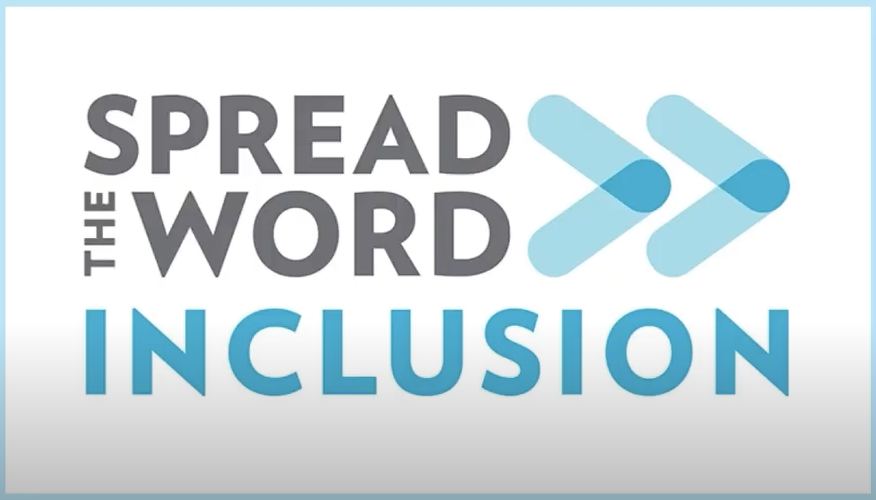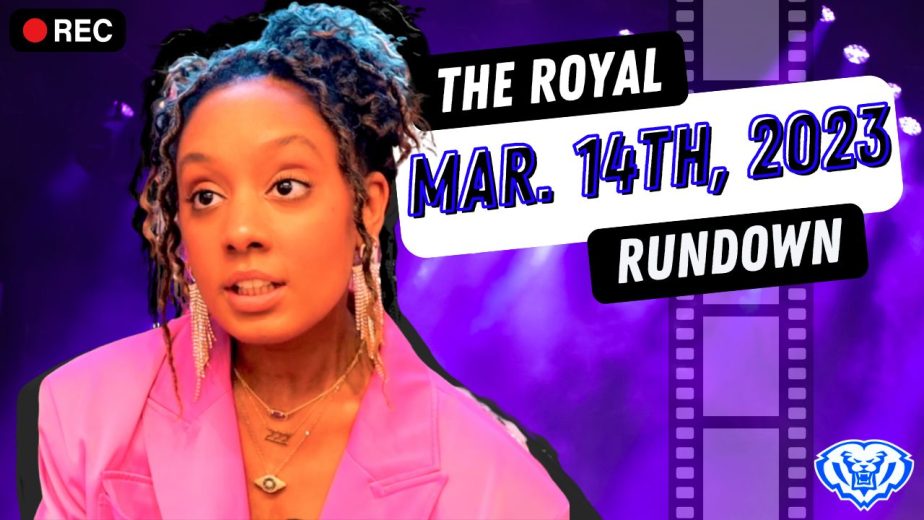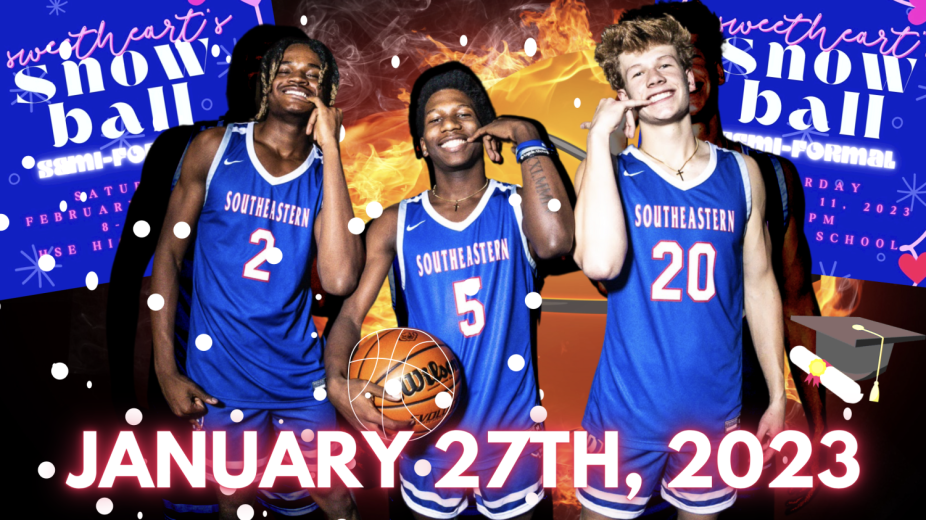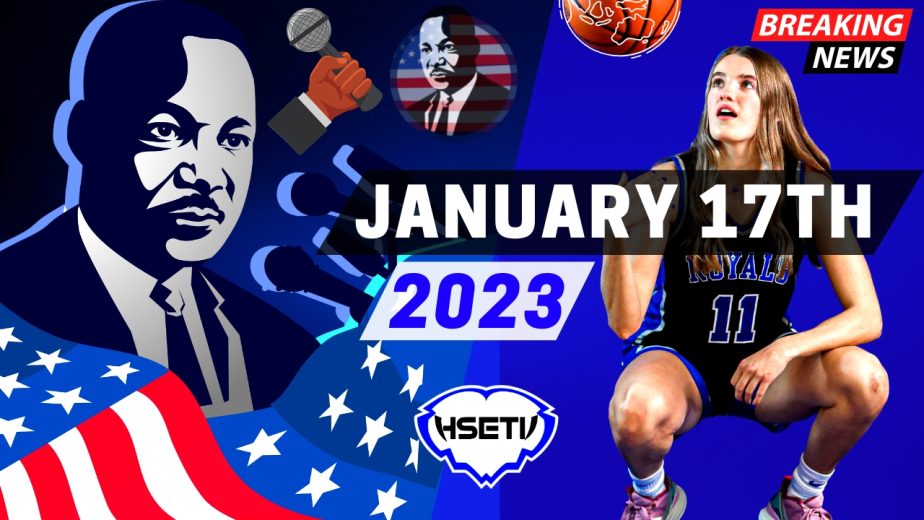The Masked Language: ASL Club Adapts to Masks
ASL Club vice president talks about the sign language struggle
October 14, 2020
Unlike any other language, sign language isn’t expressed vocally. Instead, sentences are formed with different hand gestures strung together to make a language to aid the deaf to communicate. Sign language isn’t all about hand gestures, the language also relies on facial expressions to get a point across clearly. Senior Antonelle Johnson, the vice president of ASL Club at Hamilton Southeastern, had things to say about sign language and the club’s struggle to communicate fluently.
“It’s beautiful, it’s a beautiful language,” Johnson said, “Of course other languages like French and Spanish are beautiful, but I feel like this one you really get to express yourself and that’s what’s beautiful about it.”
Even though difficulty understanding sign language isn’t something that comes to mind when it comes to the consequences of COVID-19, the ASL Club is still affected.
“It has been a little bit difficult, mostly because you can’t see people’s mouths,” Johnson said “In ASL you need of facial expressions sometimes, especially for me, I need to read lips to understand what people say.”
The club has tried different things to try to help the issue, their solution they did was to get clear masks, but that was only a temporary solution because people’s breath would cause the mask to fog up. The club still hasn’t fully gotten a solution, but on the bright side, to sign without seeing people’s lips is much more helpful to get a better grasp of sign language.
“We’ve been struggling a little bit.” Johnson said, “We’re making it though, we’re making it”
Not only has it been hard to communicate, but the ASL club is very small with less than ten members, only two of which, have deaf parents and use sign language every day. Hamilton Southeastern only provides the final two years to offer classes for sign language, but if students get more involved with sign language it will benefit and deepen their knowledge about the deaf community.
“We have a lot of deaf people in Indiana, especially close to Fishers, Indiana,” Johnson said, “If sometimes they [deaf people] ever need help or if you ever want to say hi…it would be much cooler and you would have a use to it.”
Even though this year has been a hurdle for the ASL club, they’ve had a positive attitude and persistence to continue learning how to sign without every facial expression.


